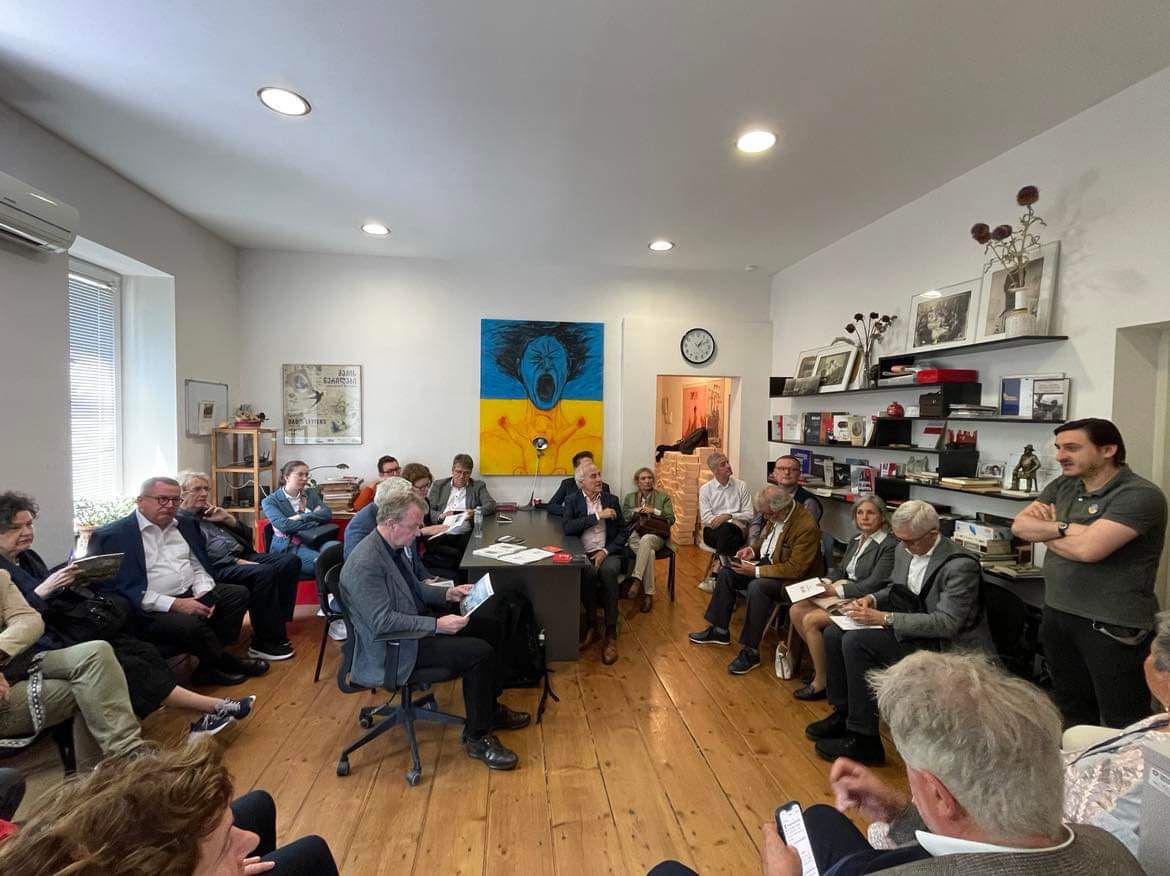ეს საიტი შექმნილია სამოქალაქო საზოგადოების ინსტიტუტის მხარდაჭერით, ევროკავშირისა და კონრად ადენაუერის ფონდის მხარდაჭერით, პროექტის “სამოქალაქო საზოგადოების ინიციატივა: მდგრადი, ღია და ანგარიშვალდებული სამოქალაქო საზოგადოების ორგანიზაციები საქართველოს განვითარებისთვის” ფარგლებში. მის შინაარსზე სრულად პასუხისმგებელია საბჭოთა წარსულის კვლევის ლაბორატორია და შესაძლოა, რომ იგი არ გამოხატავდეს ევროკავშირისა და კონრად ადენაუერის ფონდის შეხედულებებს.
პროექტს ახორციელებს კონსორციუმი კონრად ადენაუერის ფონდის (KAS) ხელმძღვანელობით შემდეგ არასამთავრობო ორგანიზაციებთან ერთად - საქართველოს სტრატეგიული კვლევებისა და განვითარების ცენტრი (CSRDG), სამოქალაქო საზოგადოების ინსტიტუტი (CSI), კონსულტაციის და ტრენინგის ცენტრი (CTC), განათლების განვითარების და დასაქმების ცენტრი (EDEC) და ევროპული პოლიტიკის ინსტიტუტი (IEP).



